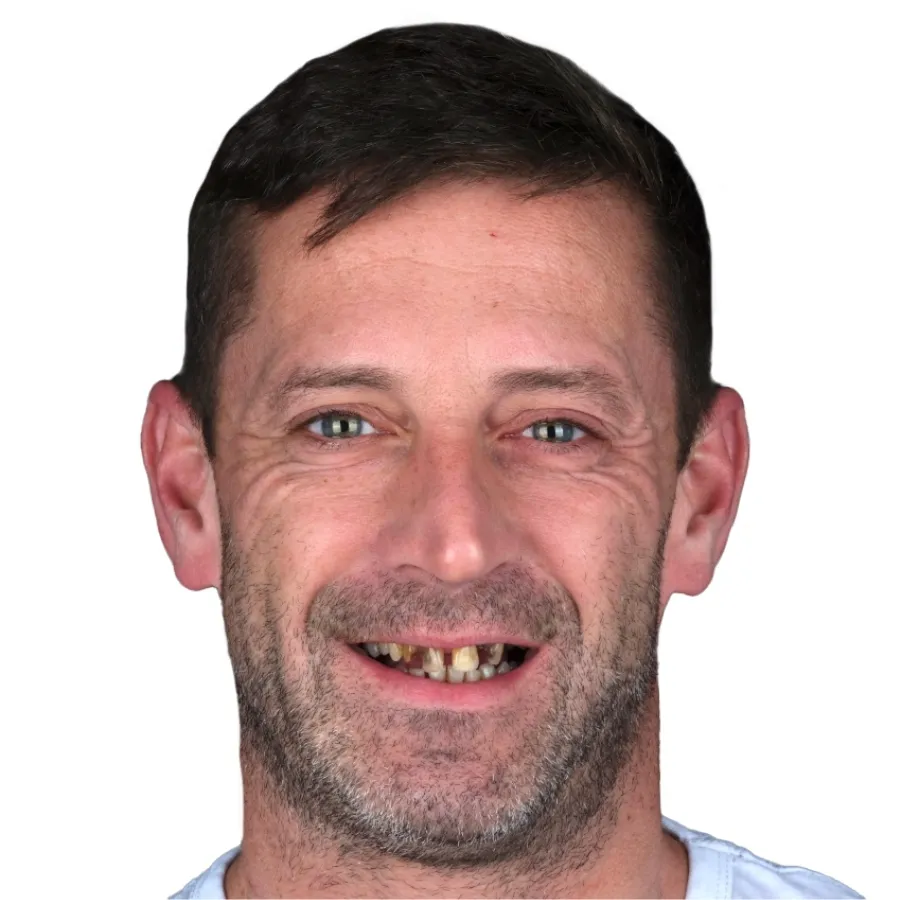The notable case features a patient with a gapped smile who underwent a procedure involving 26 zirconium crowns and 6 dental implants. The before and after images reveal an improvement in alignment and aesthetics. Another example showcases a full-mouth reconstruction using 28 zirconium crowns, resulting in a perfect smile and a satisfied patient.
Smile makeovers accomplished with 20 Emax laminate veneers and cases of ground and shortened teeth repaired with 18 veneers are available in Myra Dental's gallery for individuals interested in teeth in Turkey. The Turkey teeth images prove the clinic's expertise in delivering high-quality dental solutions.
Prospective patients explore the pictures of Turkey teeth to gain insight into the potential outcomes of their treatments. The before and after photos testify to Myra Dental's dedication to patient satisfaction and excellence in dental care.


































